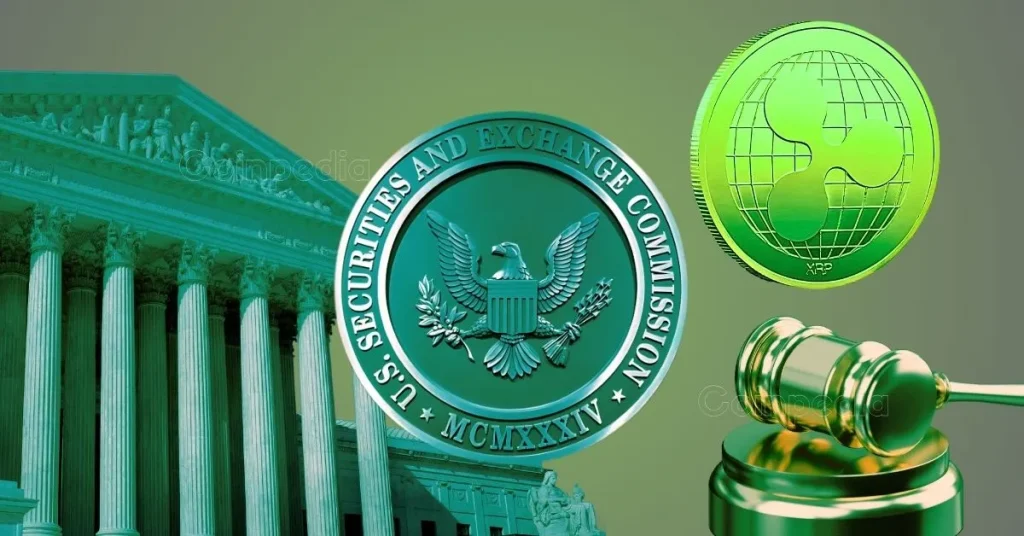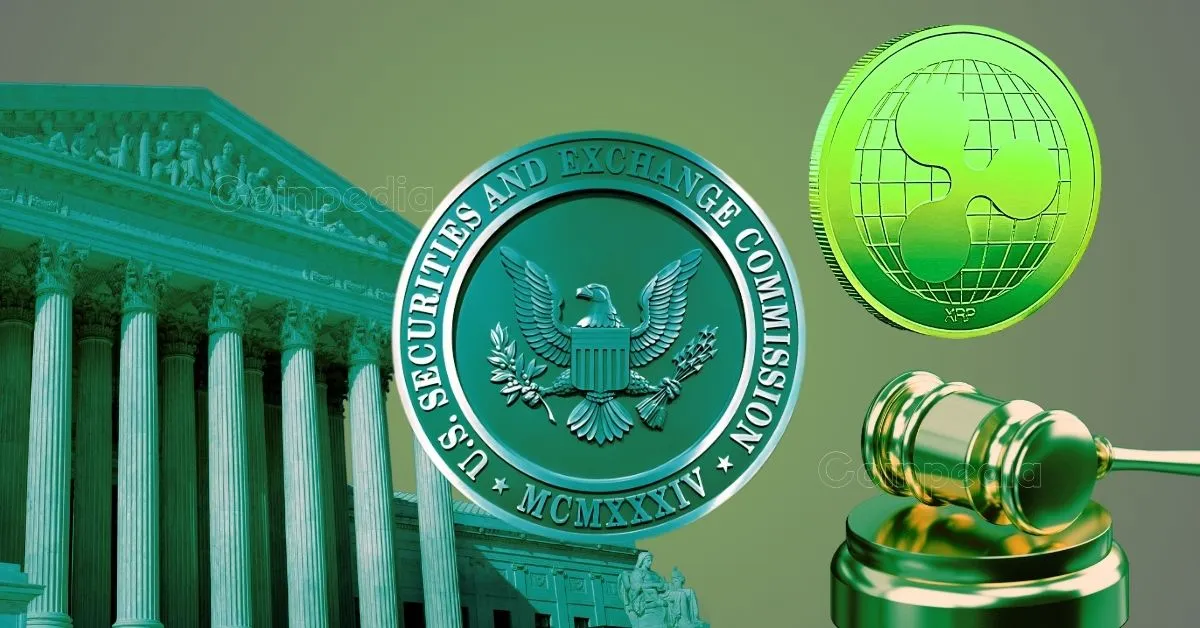
The Ripple vs. SEC lawsuit has been a defining legal battle in the cryptocurrency industry, shaping regulatory perceptions and market dynamics for years. As the case nears its conclusion, the implications for Ripple, XRP, and the broader crypto landscape are profound. The lawsuit, initiated in December 2020, centered on whether Ripple’s sales of XRP constituted an unregistered securities offering. The SEC argued that XRP should be classified as a security, while Ripple maintained that XRP is a currency and not subject to securities laws. The case has been marked by complex legal arguments, pivotal rulings, and widespread speculation, culminating in a mixed decision in July 2023. Judge Analisa Torres ruled that Ripple’s programmatic sales of XRP were not securities offerings, while its institutional sales were. This partial victory for Ripple sparked optimism in the crypto community, leading to a surge in XRP’s price and renewed hope for regulatory clarity.
The recent decision by Ripple to withdraw its cross-appeal, coupled with the SEC’s expected abandonment of its appeal, signals the imminent end of this legal saga. The SEC’s initial intention to appeal the July 2023 ruling was met with skepticism, as the agency faced an uphill battle in challenging the court’s decision. The lack of a clear regulatory framework for digital assets further complicated the SEC’s position, leading to speculation that the agency may have recognized the futility of pursuing an appeal. The mutual abandonment of appeals marks a significant turning point, with Ripple’s CEO, Brad Garlinghouse, describing the development as a “historic victory” for the company and the crypto industry. However, the lawsuit is not officially over until certain procedural steps are completed. The SEC must hold an internal vote to dismiss its appeal, followed by joint filings to formally end the appeals process. This timeline remains uncertain, potentially taking weeks or months to finalize.
The resolution of the lawsuit has far-reaching implications for XRP and Ripple. The most immediate impact is the removal of regulatory uncertainty that has hindered XRP’s adoption and development. With the legal cloud lifted, XRP may experience increased trading volume, greater institutional interest, and wider adoption by businesses and consumers. Additionally, many cryptocurrency exchanges delisted XRP following the SEC’s lawsuit due to compliance concerns. As the regulatory landscape becomes clearer, these exchanges may reconsider relisting XRP, enhancing its accessibility and liquidity. For Ripple, the end of the lawsuit allows the company to redirect its resources and attention toward expanding its core business of providing enterprise blockchain solutions for cross-border payments. Ripple has already made significant strides in this area, and the resolution of the lawsuit could accelerate its growth and solidify its position as a leader in the blockchain payments space.
The Ripple case has served as a litmus test for crypto regulation in the United States, with its conclusion carrying significant implications for the broader industry. The lack of a clear regulatory framework has created confusion, stifled innovation, and led to inconsistent enforcement actions. The Ripple case underscores the urgent need for Congress to take legislative action to provide clear guidelines for classifying digital assets, regulating exchanges, and protecting investors. While the SEC is unlikely to cease its enforcement efforts in the crypto space, the Ripple case may prompt the agency to adopt a more collaborative approach in developing regulatory guidelines. However, it is important to recognize that the Ripple case does not establish a definitive legal precedent for all digital assets. The court’s ruling was specific to the facts and circumstances of the Ripple case, and other digital assets may be subject to different regulatory treatment depending on their characteristics and the manner in which they are offered and sold.
Despite the positive outcome for Ripple, several questions and challenges remain. The SEC’s future approach to crypto regulation remains uncertain, as the agency may continue to rely on enforcement actions to shape the regulatory landscape. XRP’s long-term viability also remains uncertain, as the cryptocurrency faces competition from other digital assets and traditional payment systems. Its success will depend on its ability to demonstrate real-world utility and gain widespread adoption. Additionally, the Ripple case has focused on U.S. regulation, but the crypto industry is global in nature. Differing regulatory approaches in different countries could create challenges for companies operating in the crypto space, highlighting the need for greater international cooperation to harmonize regulatory standards.
The anticipated end of the Ripple vs. SEC lawsuit marks a significant milestone for Ripple, XRP, and the broader crypto industry. The resolution of the case removes a major source of uncertainty and paves the way for greater clarity and adoption. However, the journey is far from over. The crypto industry must continue to advocate for clear and comprehensive regulation, innovate and develop real-world use cases, and collaborate with policymakers to create a sustainable and thriving ecosystem. The Ripple case has taught valuable lessons, and it is now up to the industry to apply those lessons to build a brighter future for digital assets. The winding road of the Ripple vs. SEC lawsuit may be nearing its end, but the path forward for the crypto industry is just beginning.





